The City Environment and Natural Resources Officer of Puerto Princesa City, Atty. Carlo B. Gomez has instructed the City ENRO Enforcement Division-Bantay Dagat Section to conduct an inventory of baklads within the City’s coastal waters in an effort to study its potential impact to environment, sustainability of fish catch, and navigational hazards.
Fish corrals, defined as guiding barriers installed in different depths of sheltered waters to intercept fishes, impounding them into the collecting chamber, while fish pens are contraption made of bamboo poles and fishnets known locally as “baklad”.
The Office of the City ENRO considers fish pens and fish corrals unsustainable, environmentally destructive, unfair practice, and pose navigational hazard.
Baklads are considered navigational hazard because it obstructs small fishermen’s route within the municipal waters. It does not have warning lights or devices that may alert approaching individuals that may cause untoward incidents at sea.
Fish corrals and fish pens are regarded as unsustainable fishing because they are installed permanently within our coastal waters, catching both mature and premature fishes, including fish with spawns. Without baklads, fish could freely reproduced and populate all fish habitat and increase their number, without disrupting their natural breeding cycle during the spawning season. If left unregulated, this might cause rapid depletion of our fisheries and other marine resources.
Constructing and installing fish corrals and fish pens are considered environmentally destructive because majority of which, are constructed on coral reefs, which is an important ecosystem for life underwater. The materials used in constructing and installing baklad are foreign to its natural environment, like bamboo as poles, and plastic materials, which is inconsistent to the City Government of Puerto Princesa’s policy that regulates the use of plastic, explained Atty. Gomez.
In an article “Importance of Coral Reefs to Fisheries” published in Oceana-Philippines website, authored by Diovanie de Jesus, a marine scientist with a master’s degree in marine biology, it states that the labyrinth of corals form a diverse ecosystem, often called the “rainforests of the sea”. It hosts numerous species of marine life from invertebrates like sponges, mollusks, and crustaceans to fish and reptiles – all of which find food and shelter in it. Other marine ecosystems like seagrass, mangroves and the open sea, are connected to it. Healthy coral reefs support artisanal and commercial fisheries. Coral reef fisheries such as groupers and lobsters directly rely on the reef for spawning and habitat.
“Aside from fisheries, coral reefs also provide other ecosystem services such protection from waves, source of medicine, and tourism and recreation. Reefs are not simply beautiful – their significance goes deep beyond their appearance. They provide a whole lot of services – to small organisms, larger marine animals, and even us humans – making them of paramount importance to the whole marine ecosystem,” de Jesus explained.
Coral reefs also provide an important ecosystem for life underwater, protect coastal areas by reducing the power of waves hitting the coast, and provide a source of income for millions of people.
On the part of granting permit to baklad owners to occupy strategic areas within the coastal waters, it is considered as an unfair practice since it deprives a substantial number of small fishermen to fish in areas occupied by these contraptions. Most of the baklad owners occupy big areas, preventing low-income and subsistent fisherfolks to fish in potentially rich fishing grounds.
Atty. Gomez explained that while the local governments grant fishery privileges to one or few individuals, they in the process deny and deprive the rest of the community.
The City ENRO said that the absence of fish corrals and fish pens within our coastal waters will allow and give time for our coral reefs to rehabilitate.
While baklad pose environmental destruction to the coastal ecosystem, there are existing fish farming technology in the inland areas that will allow mass production of fishery products of commercial importance. This way, fishery products are produced without destroying their natural habitats, such as corals, seagrass beds, mangroves, etc. since any facility or installations will be built inland. This should be and promoted instead and discourage fish corrals, fish pens and baklad, Atty. Gomez urged.
It is then high time for the City Government to promote and invest into these technologies. Fish species and other fishery resources like Lapu-lapu, rabbit fish, sea urchins, and other marine products that fetch high market value can be propagated and produced in volume, utilizing new technologies already adopted by other countries.
The adoption of technology in producing high-value marine products inland could catapult Puerto Princesa City to an international level like other Asian countries such as Japan, Taiwan, China and Singapore. The revival of the fish hatchery project, which the City used to operate should be look into. Investing for the adoption of new technology in fish farming inland will also minimize the pressure to our coastal waters by discouraging fishermen to install baklads and other similar contraptions.
In an article “The future of fish farming” published in The Japan Times authored by Mr. Linus Blomqvist, director of the Conservation Program, Food and Farming Program of the Breakthrough Institute, it states that land-based recirculating systems and offshore aquaculture are considered game changers of Japan’s fisheries production that make fish production sustainable in the future.
“Fish farms would be moved from the ocean to recirculating aquaculture systems (RAS), in which fish are housed in indoor tanks that are regulated by pumps, heaters, aerators and filters. One of the biggest advantages of this approach is its adaptability: RAS can be located almost anywhere, from urban lots to retired hog barns,” the article published by The Japan Times reads.
RAS is also designed to recycle nearly all of the water they use, which eliminates the problem of coastal pollution. It could be a fish farming technology that a predominantly fishing community like ours, may consider to capacitate locals to grow marine products beyond our seas, and boost fish production inland.
The need to restore health of our coastal ecosystem has become more urgent, as the world is in a state of climate crisis.
Puerto Princesa City, within Palawan island is considered as among the country’s Last Frontier. Minimizing pressures to its coastal ecosystem by removing baklads and other contraptions and instead encourage environment-friendly, sustainable fishing and fish farming inland, would definitely make fishing sustainable and would not in any way, compromised the needs of the future generations.





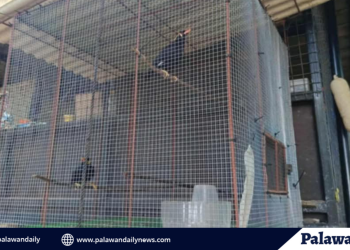
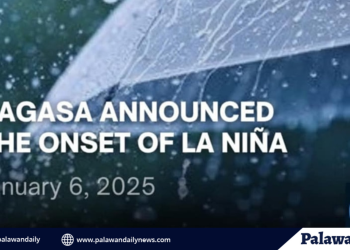
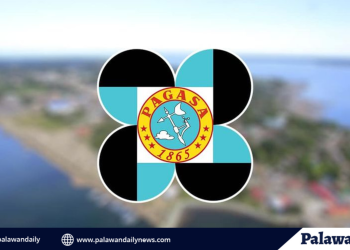
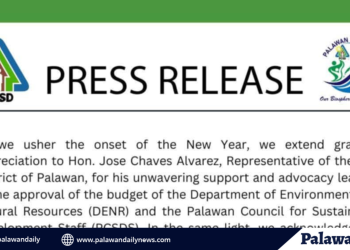
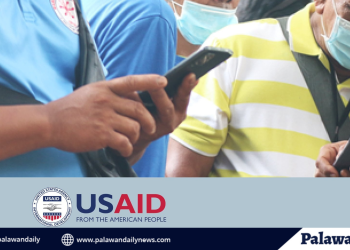
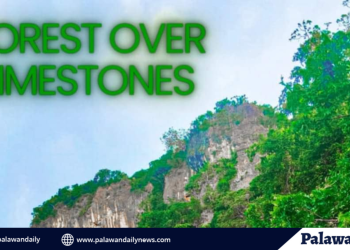









Discussion about this post